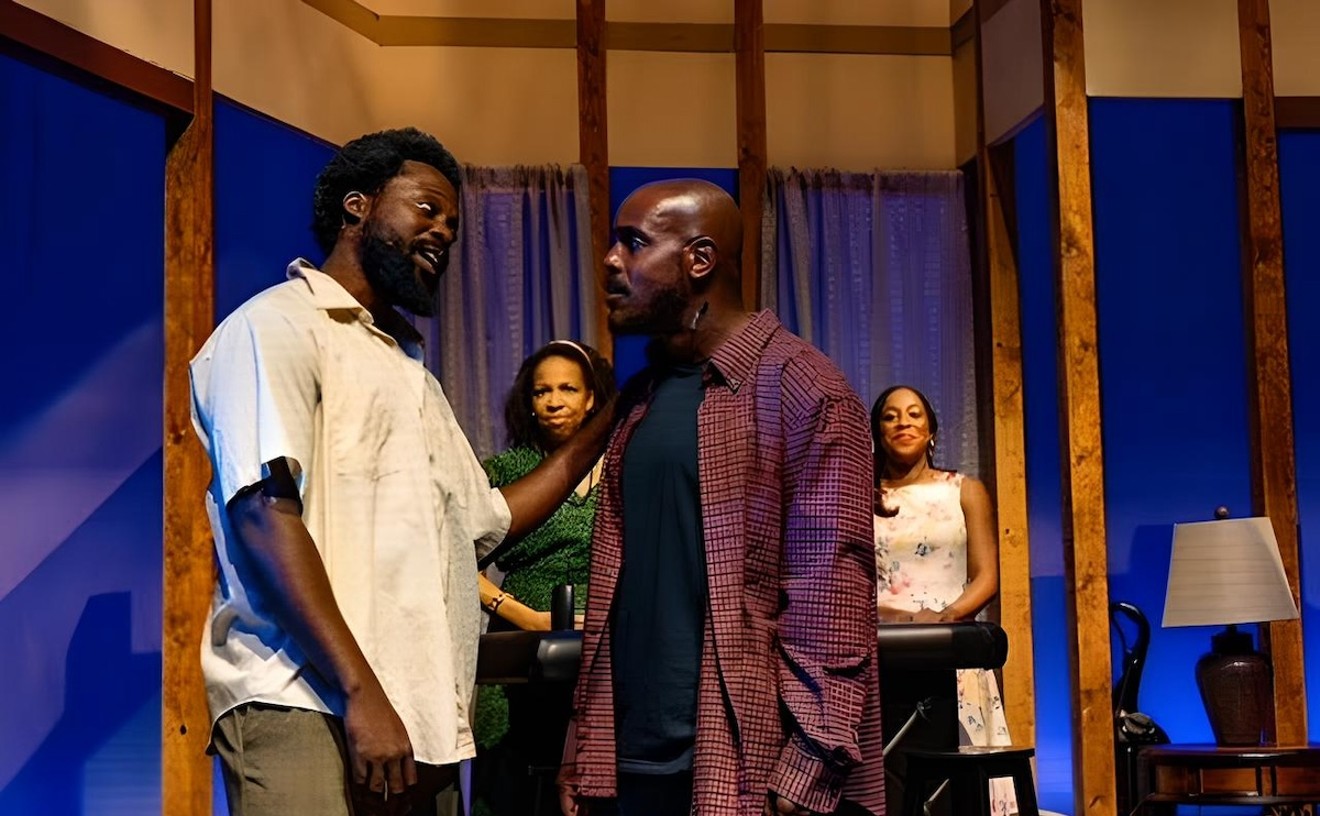Drugs -- the illegal kind -- really get a bad rap. They ruin lives, we're told. Devastate communities. Drive people mad.
In some cases that's true.
What we're not told, however, is that the overwhelming majority of those who use drugs, even regularly, including hard drugs, emerge from their merrymaking just fine.
In other words, the narrow focus society and media place on the negative side effects of drugs is arguably unwarranted. And according to Columbia psychology professor Carl Hart, by failing to take equally into account the average user's positive experience, it's also bad science.
"We know quite a bit about drugs and we know quite a bit about how the public is being misled," says Hart, author of the new science memoir High Price and a speaker at Miami Book Fair this year, from his university office early one afternoon.
Take, for instance, the anti-drug narratives foisted on the public that never seem to include the faces of our past three presidents, even though each has copped to getting high. Instead, the face of the typical drug user circulated by media is more likely to be the isolated case of a man without one - chewed off by a "Miami zombie" stoned on bath salts.
In High Price, Hart exposes the negative biases pervasive in scientific research and education on drugs and addiction, flaws that lead to counterproductive, often devastating drug policies.
Part memoir, part science, High Price follows Hart, a black man, through his adolescence in some of Miami's toughest neighborhoods (Carol City, for one), through his service in the air force, and on to his current professorship at an Ivy League university. He charts humbly the influences and mentors who helped him avoid the fate of some of his neighborhood peers, and in the process "drops some pearls of science."
"I felt a science memoir could accomplish a number of goals," Hart says. For one, "people couldn't have control over my narrative and sanitize it."
See, Hart, who currently sports long dreads and one gold tooth, wasn't that exceptional academic star who kept his nose hidden in a science book. He got grades just good enough to keep him on the football and basketball teams. He was a star DJ whose group the Bionic DJs hosted Run DMC. He didn't smoke marijuana regularly -- though he has some funny anecdotes about burning with the New York hip hop trio -- but he only abstained because he didn't want it interfering with his performance on the court.
His dedication to sports didn't stop him from dealing the stuff. In fact, it was the impetus: he sold weed to coax one of his pothead teammates to show up to practice.
He also stole inconsequential items from local convenience stores and almost got busted stealing car batteries from a body shop in Hallandale. (He outran the employee who caught him.)
"I wanted my children to know who their father was. And I wanted to come out of the closet, so to speak, so people couldn't have control over my narrative about how I made it," Hart says about choosing the memoir format. "When you have someone who looks like me, who comes from the place that I come from, it becomes this sanitized version of who you are, and it's a lie.
"Think about Martin Luther King," he continues. "People talk about him in this way like he was perfect, but everybody knows that he had a number of women on the side. We talk about these things in these sanitized ways that are just inconsistent with human behavior."
Lying to the public about drugs by overstating the dangers and fanning hysteria is similarly misguided and paternalistic to Hart: "The public isn't stupid. You're not corroborating their realities." And such lies become especially harmful when one considers the way race plays a role in the execution of drug policy: an encounter with a cop for a young black male, for instance, is probably much more dangerous to that kid's future than the drug will ever be.
"I have these black sons, and I know what this society has done to me and how I am a suspect in this society," says Hart, who was lucky enough never to get caught during any of his youthful transgressions. "I'm trying to do everything I can to decrease that sort of thing from happening to young black kids who are coming up today.
"I would feel less than ethical if I didn't say anything about this. I would feel less than an adult. I think of Fannie Lou Hamer, James Baldwin, Malcolm X... I couldn't really face myself if I didn't stand up for our moment in time," Hart says. "I just feel this obligation to speak the truth as I see it."
Hart speaks at 12 p.m. this Saturday, Nov. 24, alongside Thane Rosebaum and Susan N. Herman. Admission is free. Visit miamibookfair.com.
--Erica Landau
Send your story tips to Cultist at [email protected]. Follow Cultist on Facebook and Twitter @CultistMiami.










